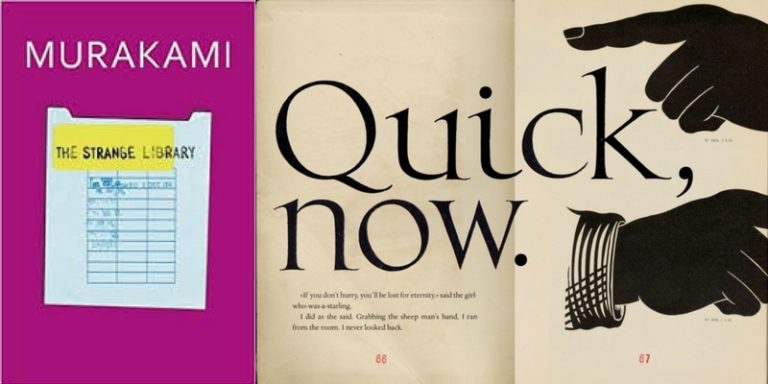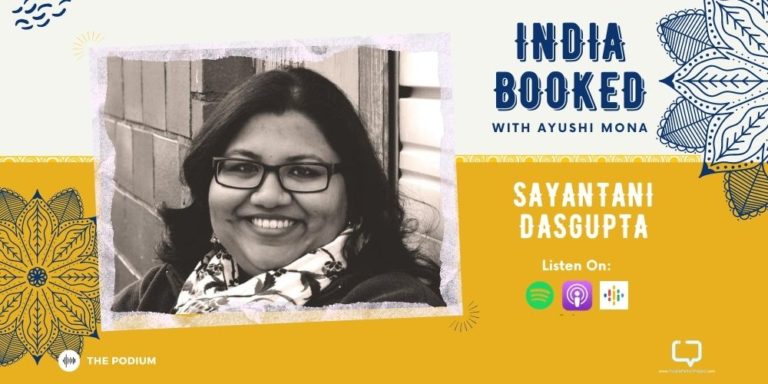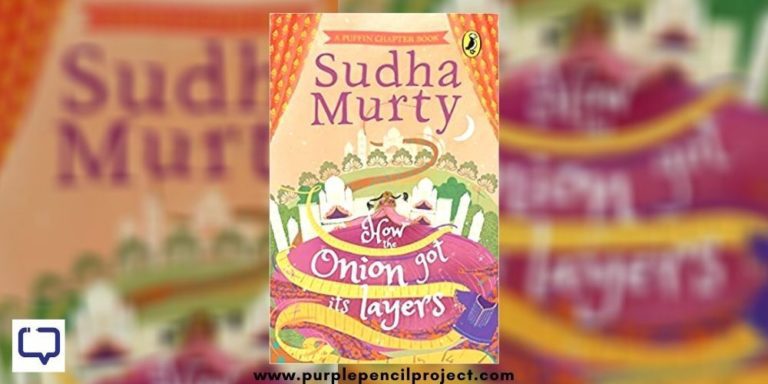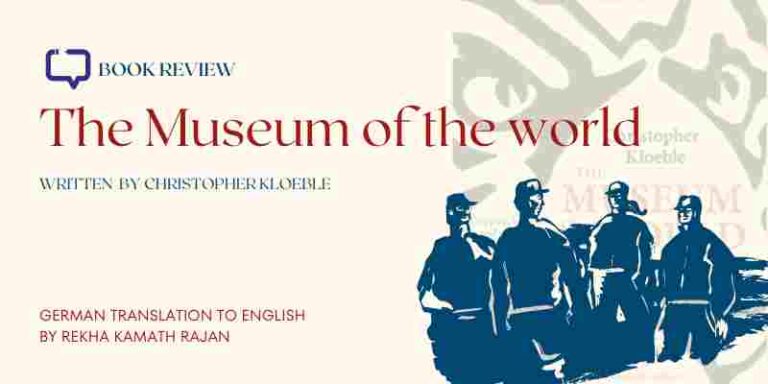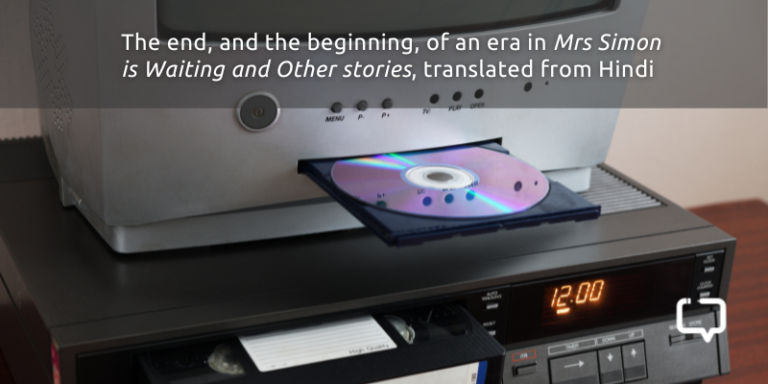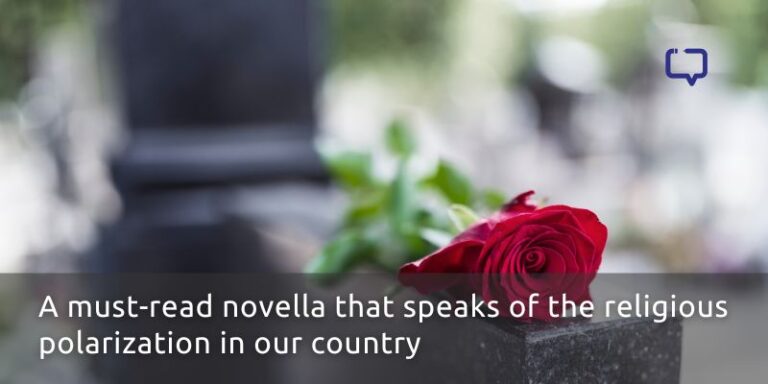Fence by Ila Arab Mehta translated from Gujarati by Rita Kothari follows the journey of Fateema Lokhandwala from her formative years as the daughter of a scrap metal seller (hence the surname) to her role as a professor.
We encourage you to buy books from a local bookstore. If that is not possible, please use the links on the page and support us. Thank you.
Plot points
Most of Fence is about Fateema, a young Muslim girl in a small village in Gujrat, her parent’s constant efforts and motivation to educate her and her siblings despite their poverty, the support she receives from her school, and how she traverses her life and journey into a path she envisions for her family. Fateema’s desires are simple; thirst for education, economic independence, and a fulfilling career.
Not much to ask for, right? But as a Muslim woman, she has to face constant discrimination and false accusations because of her religion. It is this story of triumph that takes the trophy home.
Fiction as a mirror of reality
In a nation entering modernity, people were beginning to consider education as important as caste and creed.
Education is given utmost importance in the book. Fateema’s parents dream of a better life once the children are educated and support them in every way. Her mother Khatija, even at the eve of a marriage alliance, bats for her daughter’s education. While Fateema follows a path of righteousness, her brother Kareem on leaving the city for further education comes under influence of other elements, radicalizing him.
She had jumped a fence. She had broken the barrier of poverty.
Over the years, Fateema meets many who help and support her- Gaekwad and Jani Sir from her school, Manuben in her hostel and other acquaintances. But what she finds difficult is to buy a home for herself in a mixed area. Owing to her position as a single Muslim woman she constantly faces hurdles on her path.
Whether Fateema manages to overcome the prejudices and buy a home remains for the reader to find over the course.
Translation
Kothari’s translation of Fence is seamless and reads like it was written originally in English. In the translator’s note she says – “Mehta’s translation of Fateema’s life, told in combinations of Saurashtra Gujarati, urban Gujarati, Hindi/Urdu and English – all of which are translated here (or not) into what is considered the most global and transformative language of the world- has been far from ways. This multilingualism of the text, by no means unique to this text alone, is a manifestation of translation and also its test.”
As someone unfamiliar with the language, I believe Kothari’s translation managed to convey the original text to its English readers speaking aeons of her capabilities as a translator.
Conclusion
Fateema’s journey is inspiring, and in a political climate of religious division and misogyny, a must-read for all Indians, to find hope, see courage, and learn empathy.
Best Quotes
Despair, loneliness, the deaths of loved ones – everything would recede. On her two-wheeler, she became one with the flow of the city
and this one
“There was no need to. The chasm that lay between the two religions could not be bridged so easily.”










